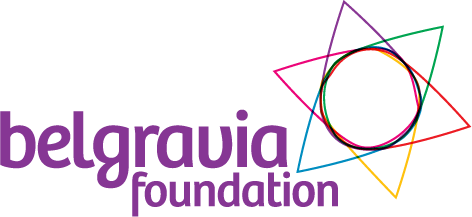Why we target mental health through our work
In pursuit of its’ purpose to help those in need through leisure, sport and fitness, the Belgravia Foundation has continued to create new opportunities in communities to help address the many challenges faced by people.
In the past 20 years, mental illness has grown to affect many, and is now the number one reason people see their local GP. Regular physical activity has been shown to have a positive impact on people living with mental illness. Recognising the potential of the leisure sector to help those living with mental illness, the Belgravia Foundation has added this area of work as a national priority, with a focus on Take Charge!
Take Charge! and Youth Take Charge! are programs that provide a free 60-day exercise program to people living with mental illness. Participants are referred to the program by a GP or allied health professional, and work best when a strong local partnership is developed with a community mental health organisation. Participants then have the option to continue through a unique co-contribution scheme that takes into account the difficult financial situation often faced by people living with mental illness.
The program originated at Ian Thorpe Aquatic Centre and Cook + Phillip Park Aquatic Centre, and evidence collected through the great work done by these venues has provided the impetus to replicate elsewhere, and underscores the importance of ensuring youth living with mental illness are not left out. Taking up this challenge, Melton Waves Leisure Centre successfully applied to trial the program with youth, and more than 20 staff have received training in understanding mental Illness, while seven staff have completed a two-day mental health first aid course.
A watershed moment for Belgravia Foundation’s work to create widespread access to Take Charge! and Youth Take Charge! occurred at the end of 2018 with a ‘whole-of-community’ approach in Banyule City Council, led by WaterMarc.
This initiative has led to unprecedented collaboration by leisure, sport, and community organisations, resulting in a grant application that if successful, will train 250 staff across leisure and sport providers operating in the LGA to welcome and support people living with mental illness to the beneficial effects of regular participation in physical activity.
